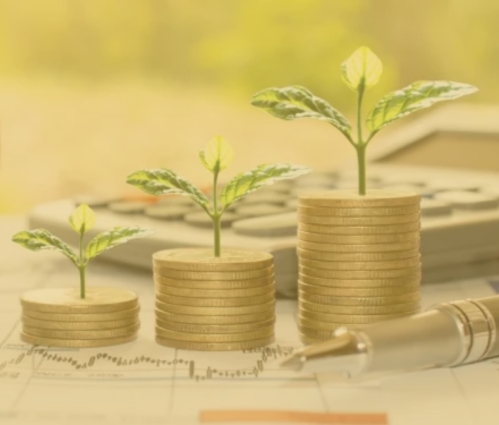- There is an overlap between sustainable and fine wine investors as both share a long-term vision and increasingly similar demographics.
- 56% of investors are attracted to fine wine because it is a sustainable asset class with a low carbon footprint.
- Environmental, social and financial sustainability is one of the five characteristics that distinguishes fine wine from other beverages.
This is the third part of our ‘Fine wine sustainability report’. See also part I – how is fine wine sustainable and part II – how can fine wine mitigate risk in a sustainable portfolio.
There is already some cross-over between sustainable and fine wine investors. The demographics are getting closer all the time.
The most active sustainable investors today are millennials (the group currently aged between 27 and 42). More specifically, the majority of them are entrepreneurs and legacy builders. Likewise, within the world of fine wine, research from Sotheby’s in 2022 found that 35% of new buyers are under the age of forty. This is the second consecutive year of millennials betting on fine wine as the figure hit 37% in 2021.
Fine wine investments can take around ten years to mature, but often take longer to reach scarcity returns. This means that most investors are collecting long-term legacy assets, just like many sustainable investors. The overlap that already exists between ambitious sustainable and fine wine investors is promising. We believe it will continue to grow for the future.
There is already a burgeoning movement of sustainable investors buying fine wine. Our 2023 survey found that 56% of investors are attracted to fine wine because it is a sustainable asset class with a low carbon footprint. Although fine wine has many investment qualities, we believe that the best-suited sustainable investors are those who are looking to hedge against volatility or inflation risks over the long-term. Some investors have religious or personal barriers to investing in fine wine, and in this situation, the asset may not be suitable.
An insatiable passion for change
Is there any industry more determined to adapt and mitigate against the climate crisis than fine wine? The dogged and ruthless determination of winemakers is as inspirational as it is impressive. With floods, forest fires and droughts ripping through the planet, we need every innovation from every industry. Nothing should be discounted. And sustainable investors should be given every possible opportunity to mitigate against risks.
The fine wine industry is rapidly evolving its stance on the planet, with biodiversity, climate adaption and mitigation taking centre stage. Environmental, social and financial sustainability is one of the five characteristics that distinguishes fine wine from other beverages. It is now a defining feature at the heart of every vineyard, nestled in every bottle. What’s more, the Sustainable Wine Roundtable launched a framework for identifying and categorising sustainability in wine in 2023. Now investors have more layers of security than ever before that their investment matches their ethics.
Depriving investors of fine wine would not just leave inflation and stability gaps in portfolios, it would undermine the vital work of an evolving industry. As powerful as it is passionate, this is an asset that packs a seriously low-carbon punch in sustainable portfolios.
“A fine wine is complex, balance, with a potential to age – though highly drinkable at every state of its development. It has the capacity to provoke emotions and wonder in the one drinking it, while reflecting the expression of truth intended by its maker. It is widely recognized, while being environmentally, socially and financially sustainable.”
